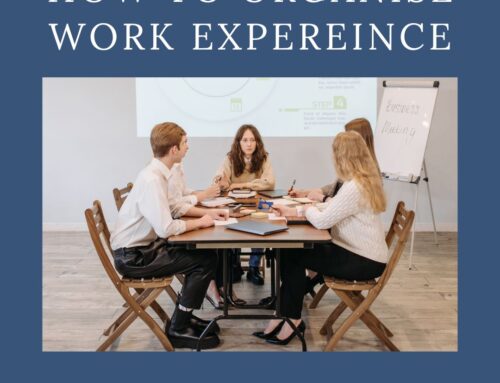

Juggling a career with looking after your children has never been brought more into focus than now. Here are some things which working parents may not be aware of but may be of use:
Furlough – having no childcare is a justification for an employer to grant furlough, however, they don’t have to so you may want to discuss other options with them such as working reduced hours. This article may answer more of your childcare furlough questions: https://www.workingmums.co.uk/government-announces-national-lockdown/#.X_NebjVdebE.facebook
Parental Leave – normally this is unpaid unless your company has a different policy, but you need to give 21 days notice, it can be taken only in week long blocks and your employer can delay your request for up to six months.
Emergency time off for dependants – often not for a long time but may give you the ‘breathing space’ to work out a plan of how you will manage things going forward. When suggesting this to your employer, it is worth pointing out that it is in everyone’s interests to get a plan sorted.
Annual leave – let’s be real – none of us are off on a decent holiday any time soon so perhaps use some annual leave to help you manage things. Even if you have a company policy of having to give a large amount of notice to take leave or are only allowed to take small chunks of time in one go, remember these are unprecedented times and it may be worth having a conversation with your manager about if there is any ‘wiggle room’ on this – like the point above, it is in everyone’s interests to help you get a plan in place.
Reduced hours – asking to temporarily reduce your hours might make things more manageable for you, whilst keeping things at work ‘ticking over’. In these financially challenging times, they may also be grateful of reducing their PAYE bill.
Varied hours – agree a schedule where you’ll cover your hours but work at different times, perhaps working early morning and later in the day, with a gap in between. This isn’t an ideal scenario as you don’t want to burn out but may be a way of keeping things going if you have no other choice.
Communication – this is a very difficult situation for employers and workers alike. Whatever law or company policy says, the best first port of call is often about keeping open communications with your employer. There are many employers out there who are being as supportive as they possibly can be and having an upfront conversation with them before there is a problem, is often the best way to go. However, if you feel they are being unreasonable or unlawful, organisations such as ACAS and Citizens Advice may be able to help with useful information and support.
And finally, don’t forget there are a number of resources out there to help you manage the home-schooling time (and hopefully freeing up some of your time to work) such as the new services for primary and secondary students on the BBC.








Leave A Comment